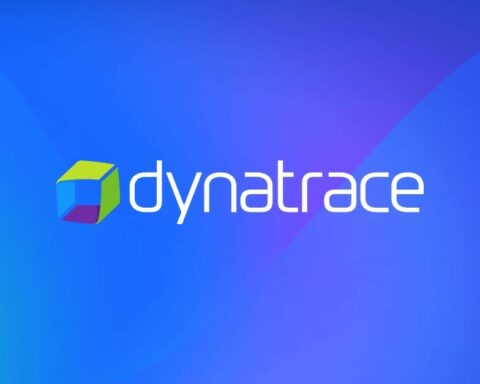It’s the day tech enthusiasts eagerly anticipate all year: Google I/O keynote day! Every year, Google kicks off its developer conference with a flurry of announcements, showcasing the latest innovations they’ve been working on. Our colleague Brian already set the stage with expectations, and now we bring you the key highlights from the event, condensed into an easy-to-digest format.
One significant addition to the Firebase platform is Firebase Genkit, designed to help developers build AI-powered applications in JavaScript/TypeScript, with Go support on the horizon. This open-source framework, under the Apache 2.0 license, allows for quick integration of AI into new and existing applications. Genkit is tailored for standard GenAI use cases such as content generation, summarization, text translation, and image creation.
AI was a recurring theme throughout the 110-minute keynote, with “AI” mentioned 121 times, as noted humorously by CEO Sundar Pichai. Among the notable AI advancements is LearnLM, a new family of generative AI models focused on educational purposes. Developed by Google’s DeepMind AI research division in collaboration with Google Research, LearnLM is designed to tutor students conversationally across various subjects. Currently in a pilot program within Google Classroom, it aims to aid teachers in lesson planning and provide tailored content for specific student needs.
YouTube is introducing AI-generated quizzes, allowing viewers of educational videos to ask questions, get explanations, or take quizzes on the material. This feature leverages the Gemini model’s long-context capabilities and will initially be available to select Android users in the U.S.
Responding to developer demands, Google announced a new 27-billion-parameter model in the Gemma 2 series, optimized by Nvidia to run efficiently on next-generation GPUs and single TPU hosts. This enhanced model will launch in June, promising improved performance and scalability.
Google Play is receiving several updates, including a new discovery feature for apps, enhanced methods for user acquisition, updates to Play Points, and improvements to developer tools like the Google Play SDK Console and Play Integrity API. A notable new feature is the Engage SDK, which enables app developers to showcase content in a personalized, full-screen experience.
Google also previewed a new feature to detect scams during calls, which will be integrated into future Android versions. This feature uses Gemini Nano, a compact AI model capable of real-time scam pattern detection. It can identify common scam tactics and notify users to prevent falling prey to fraudulent schemes.
Google Photos is set to receive an AI boost with the experimental Ask Photos feature, powered by the Gemini AI model. This feature, launching later this summer, will allow users to search their photo collections using natural language queries, making photo management more intuitive.
Gemini AI technology is also being integrated into Gmail, enabling users to search, summarize, and draft emails more efficiently. Gemini 1.5 Pro, the latest upgrade, can now handle up to 2 million tokens, supporting larger inputs for documents, codebases, videos, and audio recordings.
A new experience called Gemini Live will enable in-depth voice interactions with the Gemini AI on smartphones. This feature allows users to interrupt and ask questions during conversations and adapts to users’ speech patterns in real time.
For developers, Google announced Gemini Nano, the smallest AI model, which will be integrated into the Chrome desktop client. This on-device model will enable developers to power AI features directly from their applications.
Gemini on Android will soon enhance Google Assistant’s replacement with deep integration into Android’s OS and Google apps, allowing for AI-generated images to be used in Gmail, Google Messages, and more. YouTube will feature an “Ask this video” option for users to find specific information within videos.
Google Maps is also getting an AI upgrade with Gemini model capabilities for developers, starting with the Places API. This will allow for generative AI summaries of places and areas within apps and websites, based on insights from Google Maps contributors.
Google unveiled the sixth generation of its Tensor Processing Units (TPU), named Trillium, offering a significant performance boost. These new TPUs will launch later this year with enhanced capabilities for advanced ranking and recommendation workloads.
AI is further enhancing Google Search with AI-powered overviews and generative AI organizing search results pages. The AI Overview feature, now generally available, creates summaries of search topics.
Google introduced Imagen 3, the latest in its generative AI model family, which offers more accurate and creative text-to-image translations. Additionally, Project IDX, an AI-centric development environment, is now in open beta with integrations for geolocation features and debugging tools.
Veo, an AI model for creating 1080p video clips from text prompts, was also announced. It captures various visual styles and allows for edits to generated footage.
The AI-powered Circle to Search feature on Android will now solve more complex problems, aiding users in search tasks through gestures and making it easier to engage with Google Search.
Lastly, Google unveiled the new Pixel 8a, starting at $499, and the Pixel Tablet, called Slate, both available now. These updates continue to push the boundaries of what Google’s hardware and AI technology can achieve.






